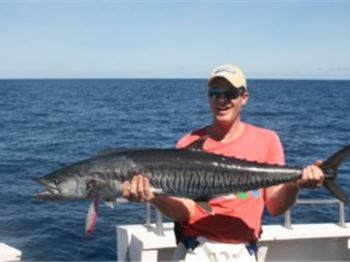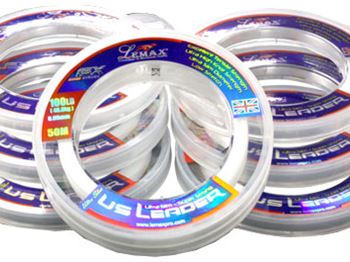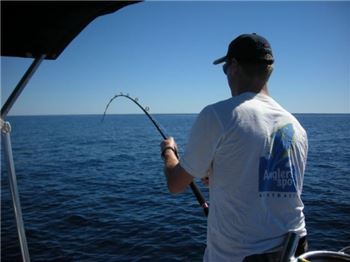The cultural shift in Recreational Anglers.

It’s good news for the community of recreational anglers, because it means more and more people are taking notice of bag and size limits when out on the water. Limits are important to keep fish stocks at a sustainable level, and helped along with a few other regulations put in place by the Department of Agrticulture and Fisheries, will ensure the pastime of fishing remains as accessible as it is today.
“The culture is changing,” said QLD Boating and fisheries Patrol Manager, Ian Fricke in an interview with QLD’s Courier Mail. “People were reluctant years ago, but society is now more comfortable with providing information or getting involved and, if need be, providing statements and going to court to give evidence. People can be unsure of what they are catching and that’s why the Qld Fishing app is a must.”
This App shows anglers everything from the bag and size limits, to helping identify species of fish and even provides background information on the species. It’s not just fish either, including the other tasty critters like crabs and prawns in the database. Giving kids access to the app (or the ‘old-school’ methods of learning size limits like a book) from an early age instills sustainable fishing practices from an early age, which is one of the reasons attributed to the shift in thinking from anglers.
Last year over 23,000 fishing enthusiasts were inspected by by the 90 officers employed by the Department of Agriculture and Fisheries. Of these, only 817 infringment notices were handed out, accompanying 875 written warnings. Not bad going for the state, but of course there were some who chose to go above and beyond when it came to breaking the law.
Notably, one crabber on the Gold Coast, who was recently fined $35,000, as well as his boat, outboard and trailer seized after he was found with 111 illegal crabs and caught interfering with commercial crab traps (presumably where he got all those crabs!)
If you suspect illegal fishing, whether seen in person or online, report it to the Fishwatch hotline on 1800 017 116. Don’t engage the person directly, as this can compromise an investigation.







